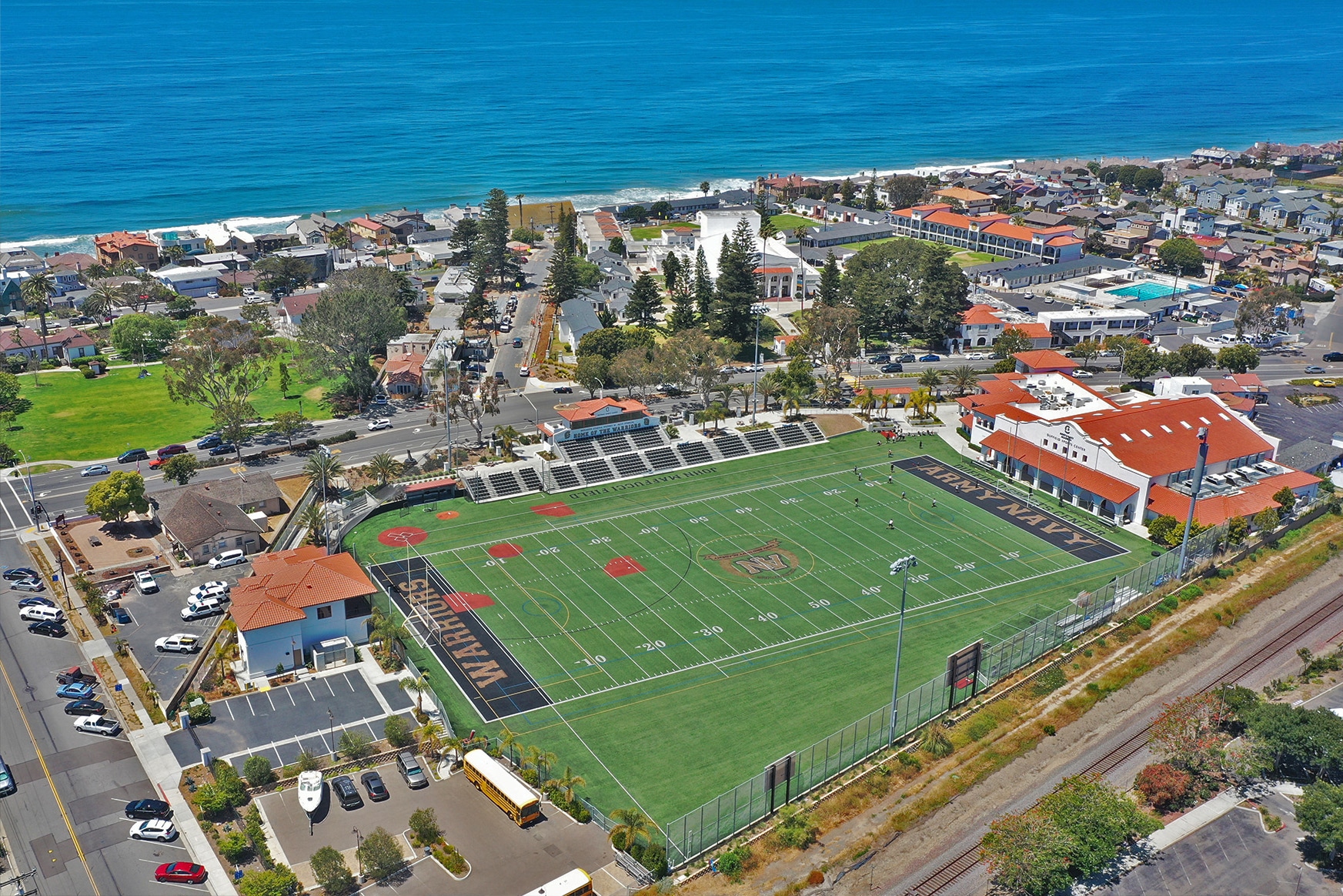
There’s been so much focus on what’s being taught in our schools’ classrooms that we’re apt to forget what needs to happen beyond the traditional school day to sharpen and add to students’ academic achievement while providing additional learning opportunities to transform young people into successful adults.
According to a National Center for Educational Statistics report a few years ago, the average American student spends 6.64 hours a day in class, leaving the remaining daylight hours for supervised or unsupervised activities, ranging from playing sports, doing homework, working at a part-time job, and participating in extra-curricular activities on one hand to “hanging out” at home or the mall, not doing much of anything.
While there are several program assets to optimize the quality of education our young people are receiving, there is one often-overlooked resource that a growing number of parents are now considering: Boarding schools.
The term, boarding school, conjures for many people visual images of preppy young people in ties, blazers, gray skirts or military uniforms. Others associate such schools with how they’re depicted in movies such as Scent of a Woman, Dead Poets Society, The Emperor’s Club, and of course, Hogwarts School of Witchcraft and Wizardry, Harry Potter’s home away from home.
Truth be told, boarding schools in which students live on campus during the school year are better described as environments where learning never stops. Lessons taught in these schools extend well beyond the walls of the classroom and the clock on the wall to include opportunities to teach and model self-confidence, independence, character, tolerance, compatibility, social etiquette, and teamwork. While maintaining a strong emphasis in academics, boarding schools, especially those for middle- and high-school age students, have the additional time with students to include life skill training alongside a rigorous academic curriculum.
Life skills needed to thrive outside the classroom
The Kiski School, an all-boys boarding school in western Pennsylvania, lists several essential life skills that boys will need in order to thrive in a broader community environment outside the classroom. They are …
- Independence and responsibility. Teenagers are at the perfect stage in life to learn independence and responsibility. At boarding schools, they learn to be responsible for themselves and their possessions while developing self-confidence and self-reliance to manage their time for schoolwork and other activities and stay healthy. Learning these attributes helps them thrive in the “real world” of higher education and work after graduation.
- Broadened personal views. Boarding schools host students from all over the world who share meals, sleeping quarters, classes, personal stories, and cultural insights. What results are close bonds formed among students that transcend geographical, racial, or ethnic differences. They learn that other people’s character is every bit as meaningful as their backgrounds.
- Confidence in social settings. The supportive social and learning environment of boarding schools fosters social interactions before, during and after the traditional school day, that help students grow together and to help instill in each other mutual respect and lifelong self-confidence.
Manners and social skills are important
Boarding schools regard social etiquette and how to behave in various settings as important life skills for success. As part of teaching such skills, the Army and Navy Academy, a Southern California, all-boys, college preparatory boarding school, provides its middle- and high-school-age cadets with a pocket-sized booklet, “Manners for the Gentleman Warrior…A Guide to Gentlemanly Behavior.” The 28-page guide covers table manners, cell phone etiquette, how to dress appropriately, conversational etiquette, meeting and greeting people, escorting and treating ladies properly, and how to interview for a job. Few, if any, public schools have the time or inclination to teach these topics; yet developing these lifelong skills will have a great bearing on a young person’s ability to gain the respect of others after he graduates and goes on to higher education and into adulthood.
“There is no better way to win respect than by displaying social skills and good manners.” — P.25: “Manners for the Gentleman Warrior”…
Survey confirms that boarding schools make a big difference
The Big Picture on Boarding Schools survey of boarding school, private day and public-school students and alumni by The Association of Boarding Schools showed several examples of the impacts and perceptions among the three categories of students, including the following quantitative findings:
- Academically superior. Some 9 out of 10 boarding school students report that their school was academically challenging, compared to 7 out of 10 from private day schools and 5 out of 10 from public schools.
- Boarding school students typically spend twice the number of hours each week on homework than their public-school peers.
- Nine out of 10 boarding school students said they have high-quality teachers while slightly more than 6 out of 10 private day students and half of public school students surveyed said so.
- College preparation and outcomes. Some 87 percent of boarding school students said they were well prepared for college academy while 39 percent of public school students were able to say that.
- Half of the boarding school graduates surveyed had earned advanced degrees, compared with 36 percent for private day schools and only 21 percent for public school graduates.
- Life and leadership. Some 77 percent of boarding school students said their schools provided opportunities for leadership, compared with 60 percent of private day school students and 52 percent of public school students.
- By mid-career, 44 percent of boarding school students were holding top-level
management jobs, compared with 33 percent of private day school graduates and 27 percent of public school alumni.
- By late career, the number for boarding school alumni increased to 52 percent – meaning that one out of two were in top management positions, well ahead of the 39 percent of private day school graduates and 27 percent of public school graduates who had advanced to senior positions.

Candace Heidenrich is the CEO of Aperture Advisory Associates, where she works with private secondary and higher education leaders to strengthen programs and practices. She founded Aperture in 2018 after more than a decade in a senior administrative role at a boarding school in California. Additionally, she held faculty and chair positions at private schools and colleges in Los Angeles and Ojai. Her background also includes director and executive level positions with start-ups and Fortune 500 corporations.
While earning her B.A. in Education and Humanities in the Lawrence Henry Gipson Scholar program, she studied abroad at Oxford before pursuing her master’s at the University of California, Santa Barbara. A frequent speaker at national conferences, she is a recognized thought leader and authority on enrollment management and marketing best practices.
